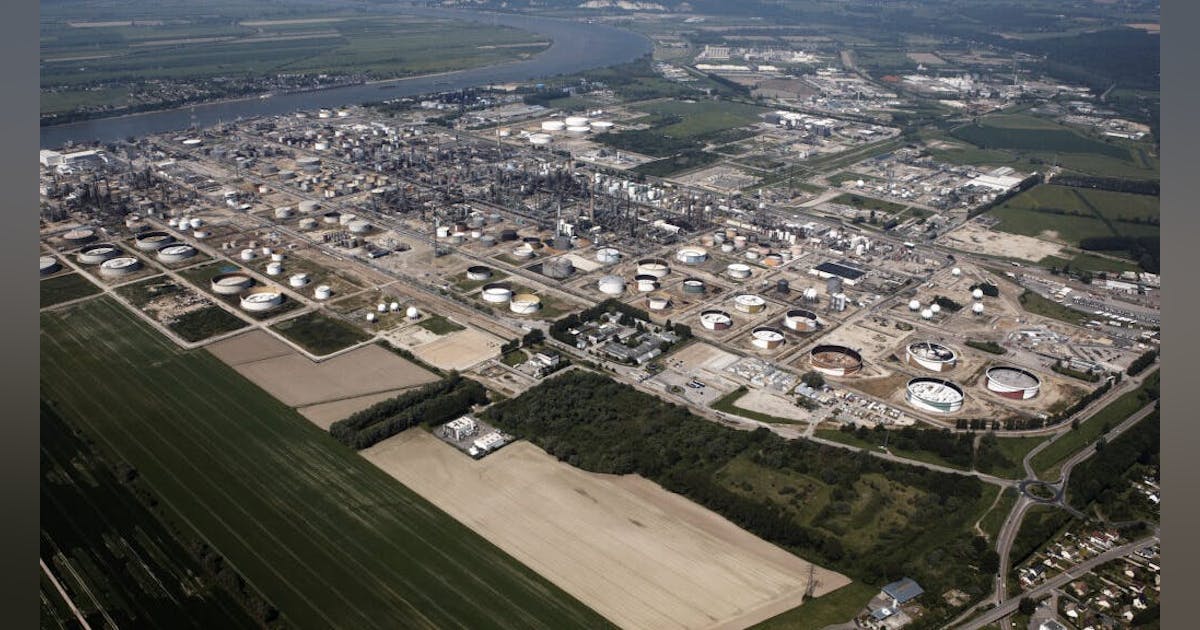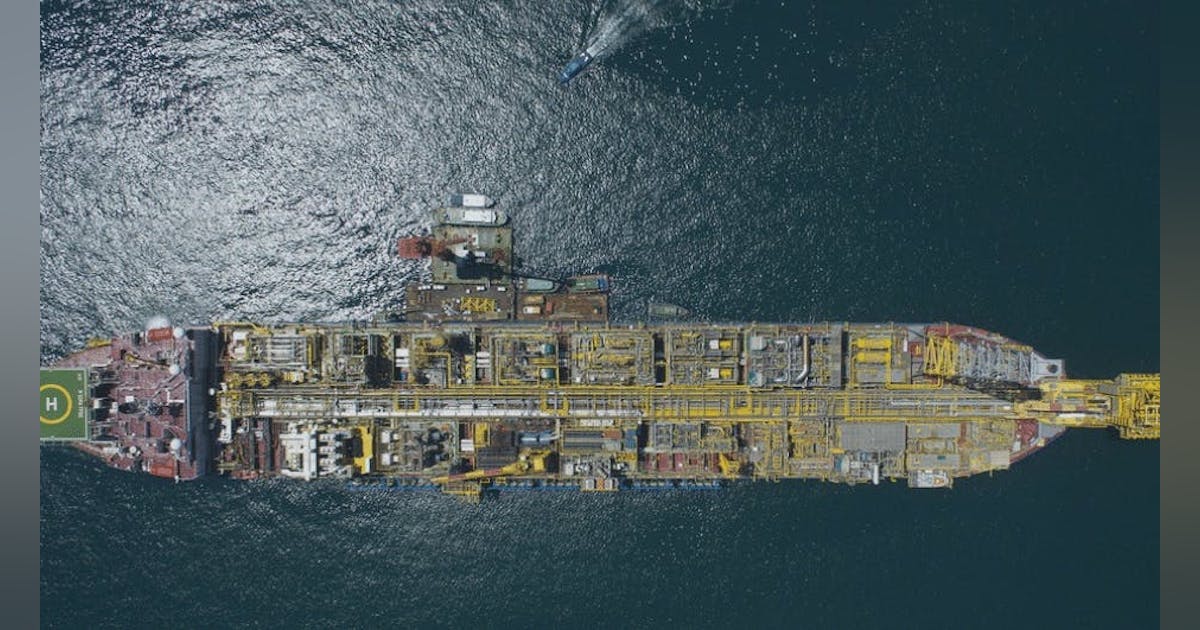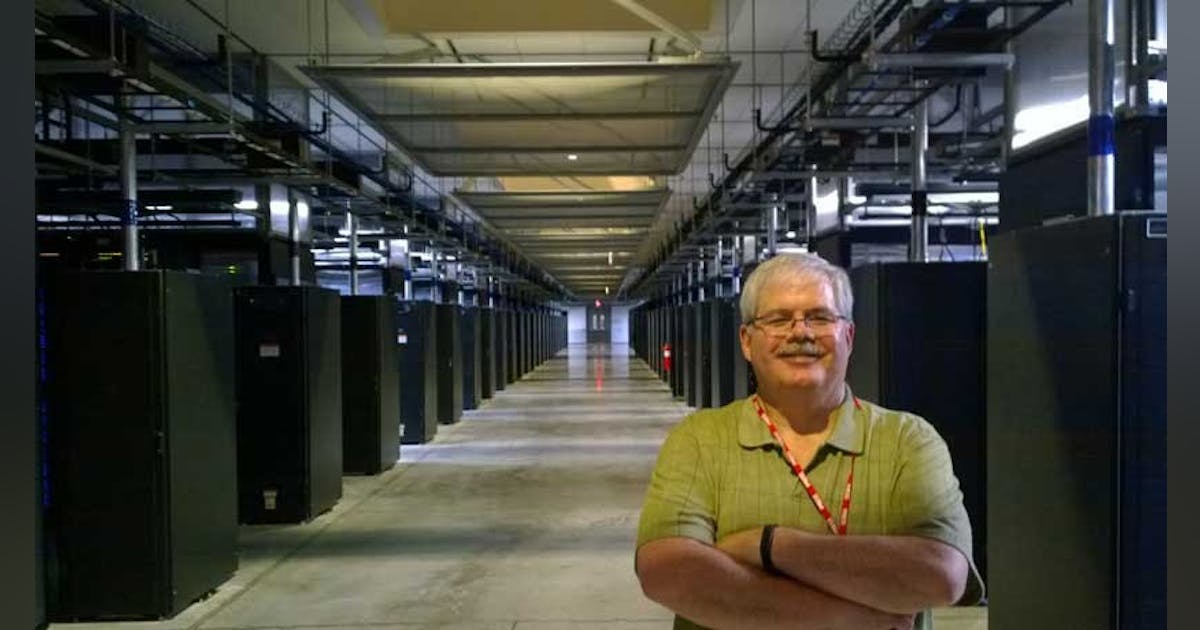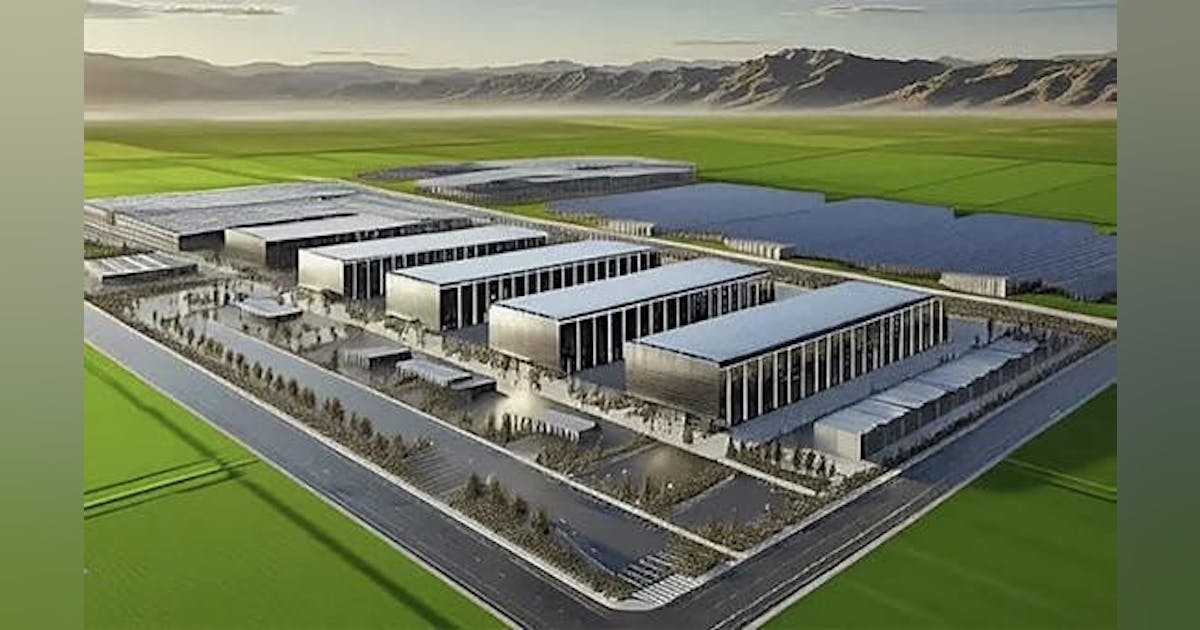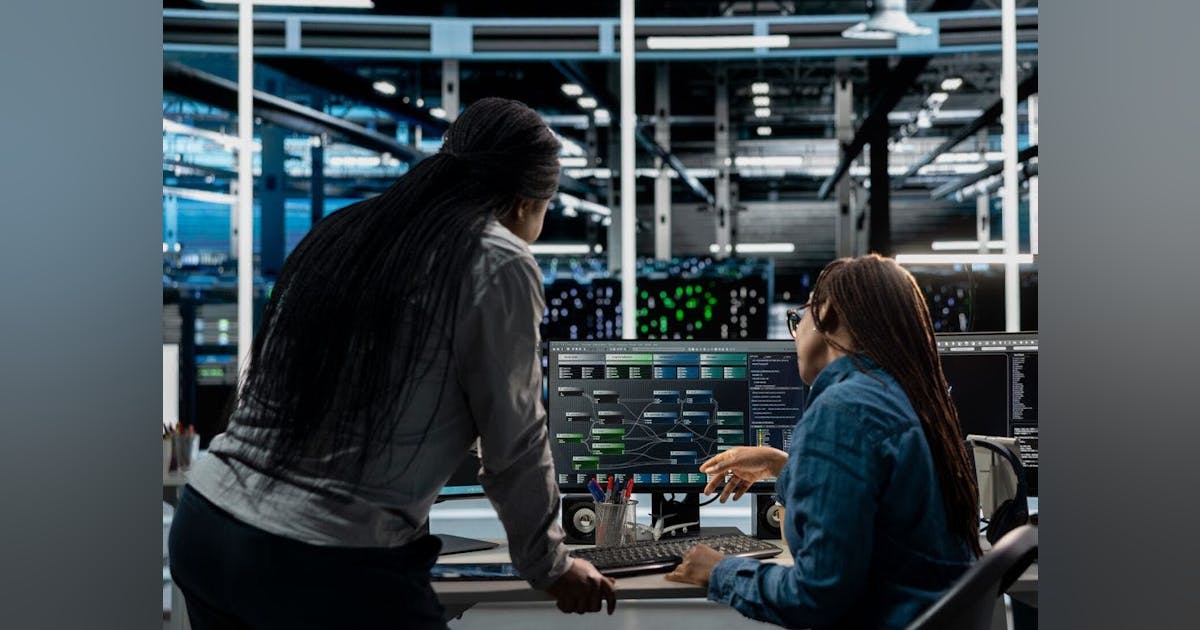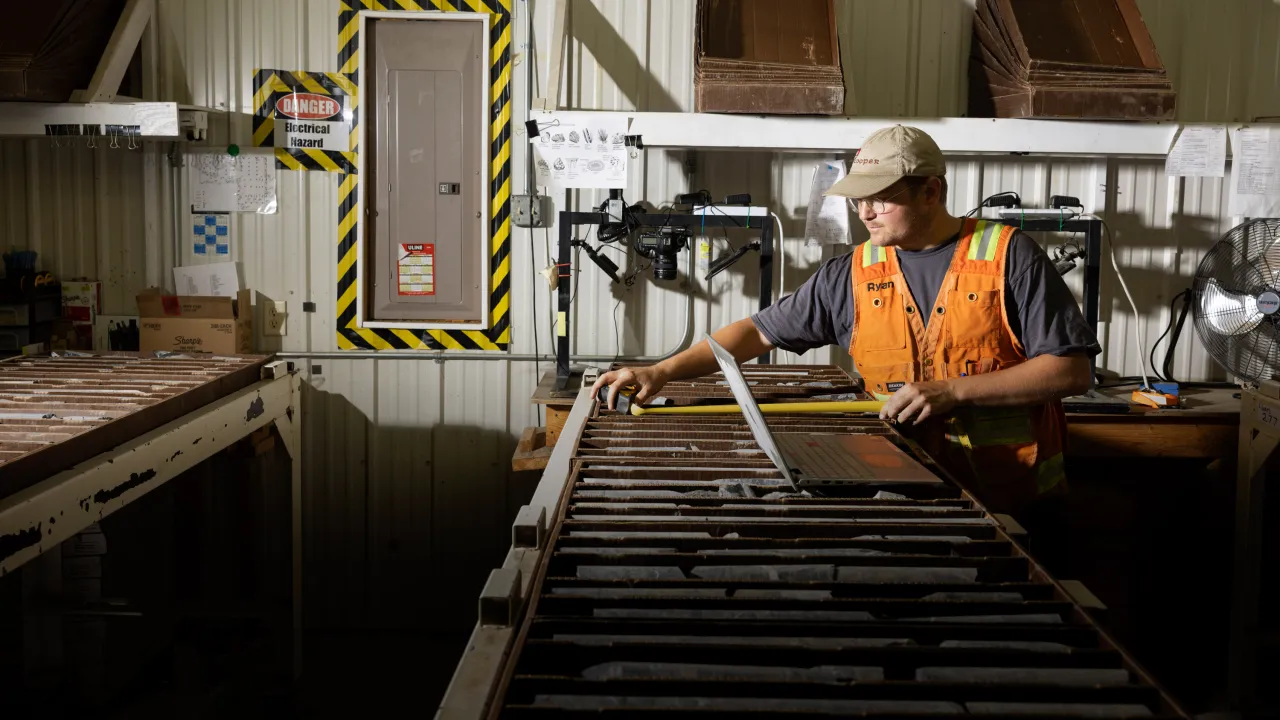Energy industry leaders are set to learn how the recent helicopter crash in Washington DC should shape how they respond to major incidents.
Ahead of Offshore Energies UK’s (OEUK) HSE conference in Aberdeen, principal speaker and expert on risk management and disaster recovery Professor Lucy Easthope spoke about the importance of learning from the response to incidents outside of the oil and gas industry.
On 29 January, a collision between a US Army Black Hawk helicopter and American Airlines Flight 5342 killed 67 people.
The passenger plane was landing in DC after departing from Wichita, Kansas with 64 people on board and the military helicopter was holding three soldiers at the time of the incident. All but one of the victims has been positively identified.
Easthope told Energy Voice: “I did a talk to air traffic controllers on 9 January, obviously, we don’t quite know what’s happened yet but certainly air traffic control is under the scrutiny we thought it would be.
“We knew that in areas with high risk, high reliability, you have to look after your workers.”
The professor said that at the conference she will be drawing attention to what she calls “isomorphic levelling”.
This is the process of not looking to an “exact analogy” to support incident response but instead considering cases from outside of industry.
“It’s interesting, most people have said to me ‘is it Piper Alpha that you learn from if you’re in oil and gas?’ and no, you should be extracting every last lesson from Hurricane Katrina or every last lesson from last week’s events.”
“For me, the big mistake is to say, ‘bring me your oil and gas disasters’, it’s much more important that you look more broadly into all different types of incidents.”
By this, Easthope meant that firms should learn about how communications were handled, or “what people need”.
“Things like communication have changed immeasurably in the last few years, people are desperate for authentic communications from big bosses and boards.
“For me, the big mistake is to say, ‘bring me your oil and gas disasters’, it’s much more important that you look more broadly into all different types of incidents.”
OEUK’s ‘brave’ choice in principal speaker
Easthope will be on the panel for the opening session of OEUK’s conference in Aberdeen, a move she described as “brave” of the trade body.
“I’m only there in the aftermath, although I’m very much aligned with my brethren in safety and I completely support their aim, so that’s quite a brave thing to do, to put me on as a speaker,” she added.
“Understandably, a lot of safety focus is on when they don’t happen so even inviting me is quite an interesting challenge, I suppose.”
The offshore industry relies on helicopters to transport workers to and from installations in the North Sea, and Easthope explained that she will have to keep this in mind while discussing recent events.
“These things as they are definitely not historic, the room will remember them as if they were yesterday”
She discussed working on a 2002 helicopter incident in which the blade from the main rotor fractured on a Bristow flight carrying offshore workers which resulted in the death of 11 men.
“It’s a burden on me to make sure that I never underestimate these things as they are definitely not historic, the room will remember them as if they were yesterday, as do I,” she said
“That’s quite important for me, I think one of the things is the way in which accidents happen offshore, they create lots of ambiguous loss.
“We don’t always we don’t always have the answers for the families and there’s a lot to take from things like scrutiny and blame that can be very difficult for families.”
Easthope said that an understanding of “how difficult some of these roles are” is important in an age where “everyone becomes a helicopter pilot, in terms of armchair expertise the minute something happens.”
Recommended for you

OEUK releases guidelines to spur UK offshore wind









